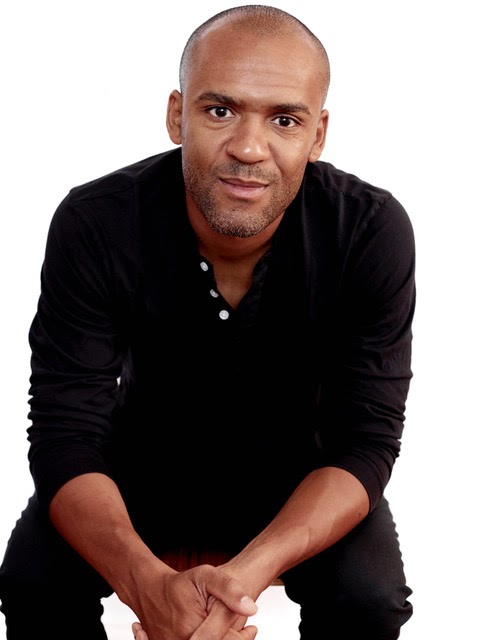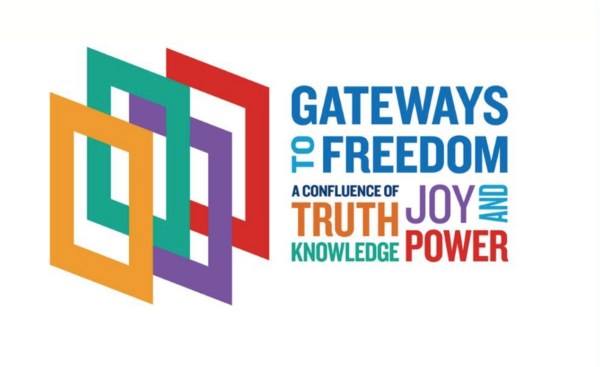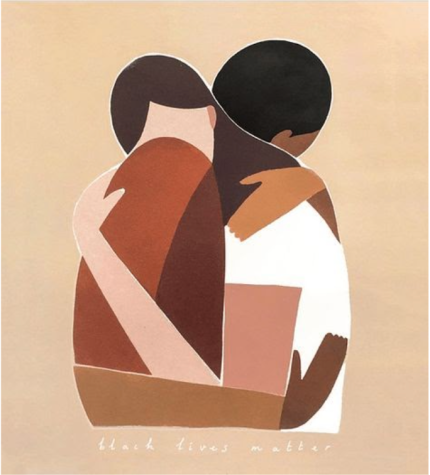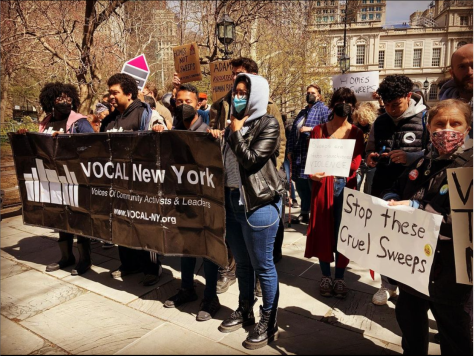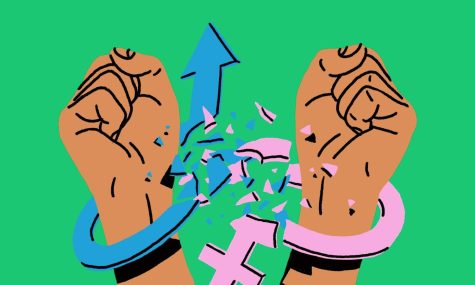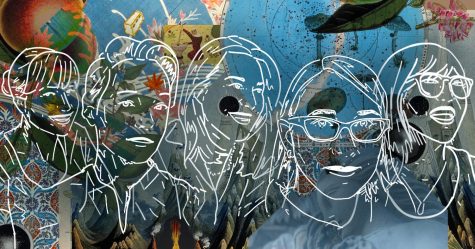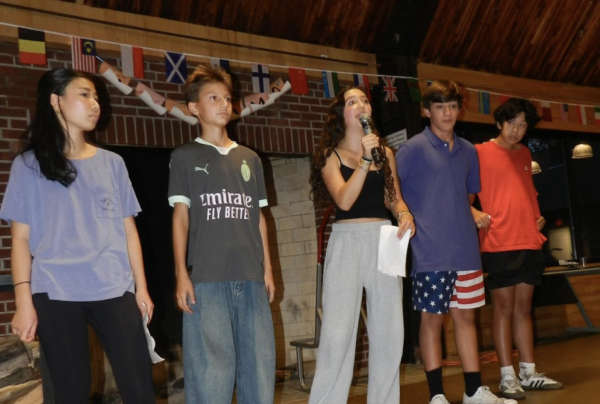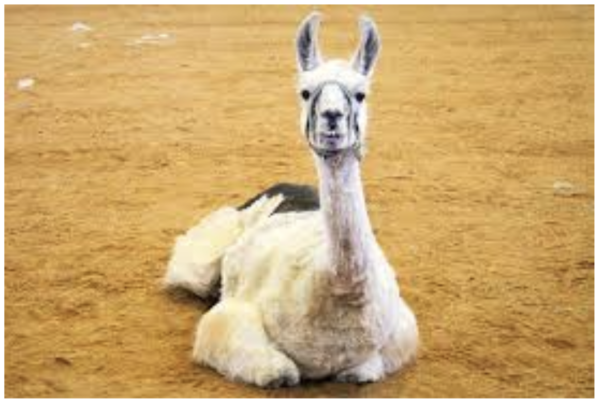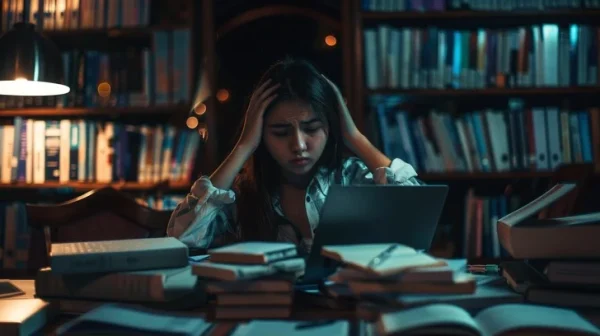Alain Sylvain, Alum and Parent, on Race, Racism, and Diversity at UNIS
Photo by Alex Contell
Mr. Alain Sylvain.
In the wake of the shocking revelations made by the Black at UNIS Instagram account about the racism and discrimination that’s been endured for years at UNIS, there have been cries for change and improvement from students, parents, teachers and alumni. As UNIS finally attempts to reckon with this, we are living through what we hope will be an important moment for the future of UNIS, and a crucial step in a different direction.
Alain Sylvain is one of the parents and alumni who has been involved in this movement, adamant in his belief that UNIS can do better to address race and prepare students for what awaits them after school. He joined us to talk about discrimination and diversity, cancel culture, and what the future might look like for UNIS. As we saw in UNIS’s case, dealing with any issue requires discussing it. As per Mr. Sylvain, “as long as racism’s true outside of UNIS, it’ll be true inside of UNIS,” so these types of conversations are and will be essential for years to come.
What’s your name and what do you do?
My name is Alain Sylvain, class of ‘94 at UNIS. I started at UNIS Queens in kindergarten, and graduated from the high school. I attended Vassar College and then NYU and Columbia for graduate school, after which I started my career in product design and brand strategy. And just over 10 years ago, I launched a consulting company, Sylvain Labs, where we help companies think about their products and brands – and how they can make progress in today’s world. We’re about 42 people, with offices in New York, Amsterdam, Richmond, and Los Angeles.
What’s your relation to UNIS?
Class of ‘94! My brothers also attended UNIS, and I met my wife there. I’ve been active as an alum ever since, coming back to speak to students every now and then. My wife and I now have three children, two of which are now at UNIS.
The school portrays itself as the UN school not just in name, but in its perpetuation of UN values, such as being inclusive and diverse. What do you think of this claim? In your experience, has it held up?
My experience with UNIS is pretty vast – nearly 40 years. I believe it’s held those values with varying degrees over those decades, in different contexts. Certainly, the core values around a multicultural perspective remain true for the most part, but it has its limitations. A philosophy of multiculturalism is very nuanced. It’s fanciful and attractive, but can be difficult in practice. Not only is it hard to practice at UNIS, but it’s also hard to practice at the UN, the very institution from which it was born.
In my opinion, a greater core value at UNIS is the notion of peace, which many students might not think about. The UN is actually an organization designed to create peace in the world, to bring people from varying backgrounds together to ensure a global climate that works for everyone. That’s what I really remember from my time there, and believe that still stands true.
It’s interesting that you mention that you learned the UN charter, because I know from my experience that’s something that no one has even mentioned.
Institutions like UNIS change over time. To what degree it’s still UN-focused is an interesting question to ask, because it provokes me to think about how important the UN charter is today.
Did you ever experience any racism or discrimination?
There are a few ways to answer this. First of all, when you experience discrimination you’re not always aware of it. I’m sure I did experience it, but I wasn’t necessarily aware of it at the time. There were a couple of incidents here and there, with teachers more than students, moments that were unsettling for me that I couldn’t process at the time.
Was that ever dealt with?
No, not in my case. It requires a type of self-awareness and adult population that’s attentive, which I didn’t have. It also requires a process on how to address discrimination, which didn’t exist. I will say that what I experienced, in retrospect, doesn’t feel egregious or grotesque in comparison to what we see going on in the world today, or on Black at UNIS. But it did exist.
A lot of people have mentioned a culture shock after leaving UNIS and going into the real world. Interestingly, a lot of people said they felt UNIS was a much more diverse and inclusive environment than where they went after, while many people said the opposite. What was your experience, and what did it tell you about UNIS?
I think what you’re asking is, what is the definition of “diversity”? What people are probably suggesting is that universities have a greater Black population than UNIS did, so in that sense UNIS was not diverse enough. However, if you look at languages spoken and countries of origin of those at UNIS, it’s certainly at the forefront of “diversity.”
Now, from my experience, I wasn’t surrounded by an incredibly savvy discussion about race, so by the time I got to college, it was a significant culture shock for me. I was confronted with race firsthand, not only through discrimination, but by the understanding of how others saw me. As a result, I went through a pretty intense identity revolution to understand my Blackness. Liberal arts education is incredible in this way, because I was able to really explore and study it. I actually majored in Africana Studies, and was active on campus in those sorts of student groups. So while it was a violent culture shock for me, I have very good white friends from UNIS that were equally as appalled by the transition. They of course didn’t experience racism in the same way, but I have white friends that went on to some great schools, questioning “Why am I only hanging out with white people?” I believe education around the American racial system is applicable not only to students of color. It helps everyone.
I noticed you did a podcast with Trevor Noah talking about cancel culture, a prominent topic in the discussion of racism. Can you give us your opinions on it, or explain some of your insights and thoughts on this topic?
It’s complex. Cancel culture is a culture in which people can come together and immediately disavow or discredit someone. It can be very dangerous because it’s impulsive and doesn’t allow for any sort of deliberation or process. But at the same time, cancel culture is truly the manifestation of democracy. People have the power, and come together to use it in ways we’ve never seen before. And that’s a big deal. So for me, to criticize cancel culture is to criticize a system that makes the powerless feel powerful.
Trevor Noah is a celebrity, and has a bullseye on his back when it comes to the potential of being cancelled, so he was naturally very critical of it, as are many. But I do think we can forget how important it is that people can now assert their voices in a powerful way. Is it always constructive? No. Monica Lewinski was cancelled in the 1990s but now is a hero for feminism. It took 20 years for her vindication. And that’s deeply problematic.
Over all your time in UNIS, as a parent or student, have you seen improvement in terms of racism and discrimination?
I wasn’t tracking it during my time at UNIS. I didn’t even notice it because I wasn’t a fully formed, racially aware human being. But I believe UNIS can do much better when it comes to race today. The stories we’ve heard from Black at UNIS expose deep issues that have always been there. It’s unfair, and needs to be rectified. The experiences you see on Black at UNIS are not the experiences I had – they feel much more egregious. The Black alum of my generation are appalled. A big difference is that, in my time, the school was more diverse when it came to Blackness. The U Thant award winner was a Black woman and our teachers were more racially diverse, and I don’t think those specifics stand today.
In my experience the faculty has done a good job of being diverse…
Today, the faculty is not racially diverse . You may be one of the lucky ones that get to have experiences with different kinds of teachers, but when you look at the school as a whole, all the departments and divisions, the diversity just isn’t there. (Editor’s note: We emailed Mr. Byrne, UNIS’s Director, Human Resources, for information on the racial diversity of the faculty. He wrote, “We are in the process of gathering this information and hope to make it available to the entire community in the future.”)
In addition, a lot of the Black population at UNIS, the students and the faculty, are not actually from the United States, which is an important detail. They’re not African American. It’s important that in UNIS’s rhetoric around diversity, it also looks at race in a more diverse way. In Ghana there are 69 different shades of Black, 69 different ways to talk about Blackness. Black people are very diverse in themselves, and I don’t believe that’s reflected at UNIS.
As a UNIS parent what worries you about the current situation in the school, and what changes would you like to see?
As a parent, a few things worry me. First, the curriculum: is it as diverse as it could be? Is it written from a European perspective? Does it highlight the contributions and challenges that Black people have experienced? And second, the code of conduct and discipline. Are students punished properly for uses of the n-word and for other racially insensitive acts? Are teachers held accountable for decisions that they make when it comes to race? Are they giving some students more of an opportunity than others?
Can you explain your recent involvement in the discussions of this topic with the administration?
It really started with my wife, Adis, who is class of ‘96. She felt that we were in a unique position as alum and parents, that are fairly educated about race, to do something. I followed her lead.
We decided to convene a group of parents that were equally appalled at the recent stories we’ve heard. We organized and sent a letter to the administration with a list of demands. In meeting with them, I was encouraged by how the school handled and approached it. We continue to work together and talk openly about prioritizing discussions around race with students. It feels like things are progressing in the right direction, and that for the most part, the parents share a commitment to a more equitable UNIS for Black students.
Ultimately, do you have hope that UNIS can deal with this problem permanently and systematically?
I’m a cynic by nature. This is really intense work that takes generations and generations. Even if UNIS were the lone example of a place that can unravel racism, the second you step outside the building, that goes away. So I believe as long as racism exists outside of UNIS, it will exist in UNIS.
But am I hopeful, yes. I wouldn’t get involved in this way if I didn’t feel like progress was possible. I don’t think that UNIS will perfectly match up with what it purports to be. Most institutions can’t. But I am looking for hygiene – the basic things. When a student uses the n-word casually, they should be kicked out of the school, period. That’s what I’m looking for. A place where my kids can go to learn safely, because that’s what we’ve entrusted the school to do. When students experience discrimination and feelings of unsafety, the basic agreement we’ve made with the school as parents has been violated. That’s what I’m trying to address.
And let me be clear about something: I love UNIS. I absolutely love it. My best friends in the world are from UNIS. My experience was incredible, and the only reason that I have hope it can do better is because of this.
What I’m doing now comes out of a place of love and pride.



